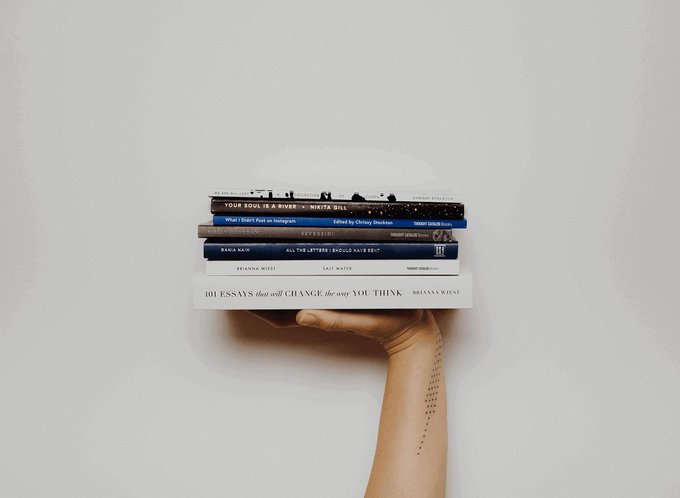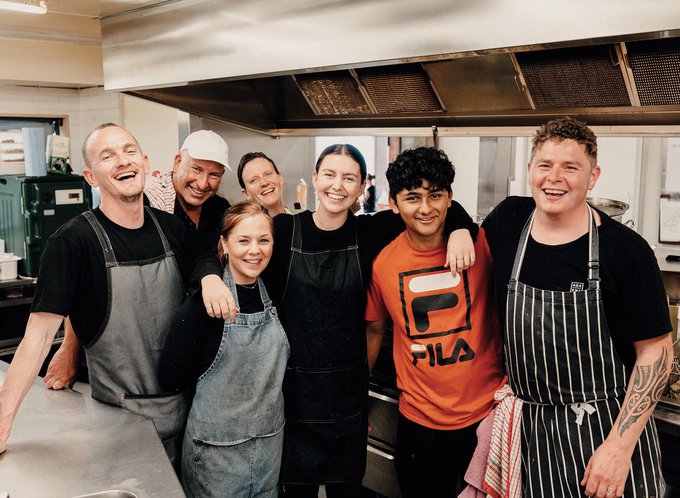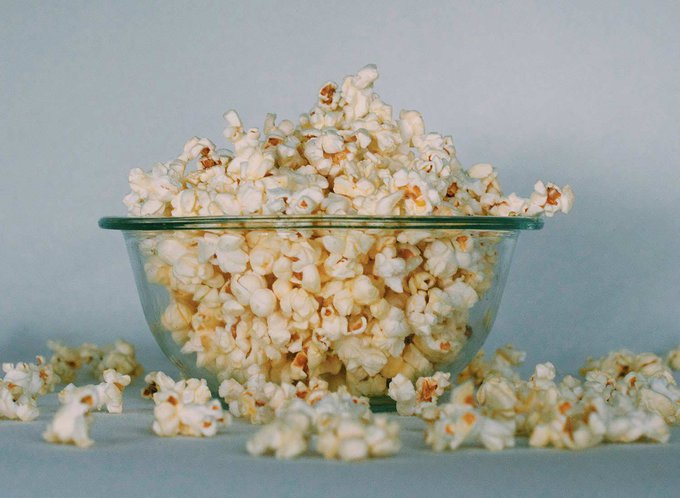As New Zealand endured and then emerged from lockdowns last year, we were urged to be kind and extend manaakitanga to each other. But what does manaakitanga mean beyond being hospitable and caring? Cassie Hart (Ngāi Tahu) explains.
Manaakitanga is a Māori word that has become familiar to many Pākehā New Zealanders in recent times. Most often it’s translated as ‘hospitality’. Often manaakitanga conjures images of pōwhiri (welcoming ceremonies) and a meal shared between tangata whenua (people of the land) and manuhiri (guests) on the marae.
That certainly is one example of manaakitanga, but it only scratches the surface of the word. A deeper examination of the meaning provides a rich insight into te ao Māori (the Māori world view).
Layers within the word
Breaking the word manaakitanga into its constituent parts might be the fastest way to gain a deeper understanding of its meaning. First break it into manaaki and tanga. Manaaki speaks of support and care, while tanga changes a verb to a noun.
Broken down to the next level, we get mana and aki. Mana, which is commonly known, speaks of power, force and authority of a person, place or object, which in Māori culture is believed to have been passed down from the atua or ancestors. Aki means to encourage or urge on.
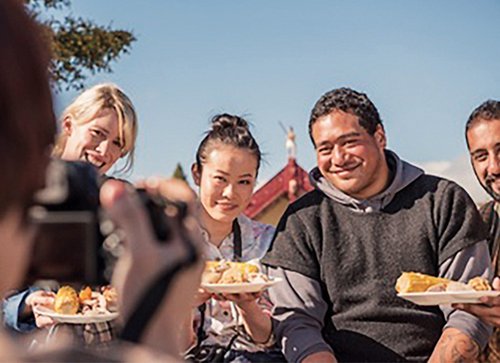 Together as manaaki, the words mean your hospitality is encouraging, growing the mana of others and urging the same from them.
Together as manaaki, the words mean your hospitality is encouraging, growing the mana of others and urging the same from them.
This introduces the idea of reciprocity. When we invite people into our homes, we give them hospitality and uplift their mana, and in return, they respect our customs and homes and enhance our mana in return. Manaakitanga is about the balance between those in the relationship whether two individuals or two iwi.
Fundamental to all relationships
Historically, manaakitanga was intertwined with every core value of Māori society, and the amount of manaakitanga given would depend on the type of relationship and the place at which the relationship was being nurtured. For example, the level shown at a tapu location would be greater than at a place that wasn’t tapu.
Manaakitanga was always important no matter what the circumstances might be, and if it wasn’t observed, great offence could be taken and utu (revenge) might be sought.
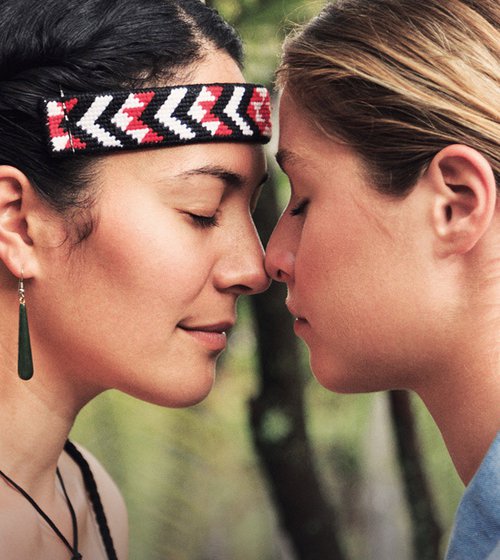 If leaders of an iwi didn’t show the right level of manaakitanga to others, they would be removed from their position and replaced with another leader. The mana of the whole was impacted by even one person behaving inappropriately.
If leaders of an iwi didn’t show the right level of manaakitanga to others, they would be removed from their position and replaced with another leader. The mana of the whole was impacted by even one person behaving inappropriately.
Sir Mason Durie – a MAS Member who received a knighthood in this year’s New Year Honours – has said there was no notion of the individual in pre-1840 Māori communities. Therefore, an injury caused by one individual to another would not only affect the mana of the victim but also the mana of the victim’s whānau or community. The whānau or community, as well as the individual, would be subject to the muru (plunder to appease offences) or utu to appease a breach of tapu or taking of mana.
A very relevant concept
Manaakitanga is an old word, but it remains a beautiful way of approaching relationships, whether they be between friends, family, clients or business associates. Living by the principles of manaakitanga means stopping to ask “whose mana am I encouraging?” and “am I elevating others?” – whether that be through words or actions. In uplifting others and giving them respect and aroha, we also hold our own mana in balance.
Manaakitanga always adds value and never takes away. Whether you offer a cup of tea or a three-course meal, it’s not about the amount so much as the offering and intent behind it.
Thank you to tikanga expert Rhonda Tibble for her assistance in researching this story.
Know someone who might enjoy this?
Good living
See all-
March 2021
In review
-
March 2021
Land, sea and myth: Revisiting Hawke's Bay
-
July 2021
Breaking bread at Everybody Eats
-
July 2021
In review
